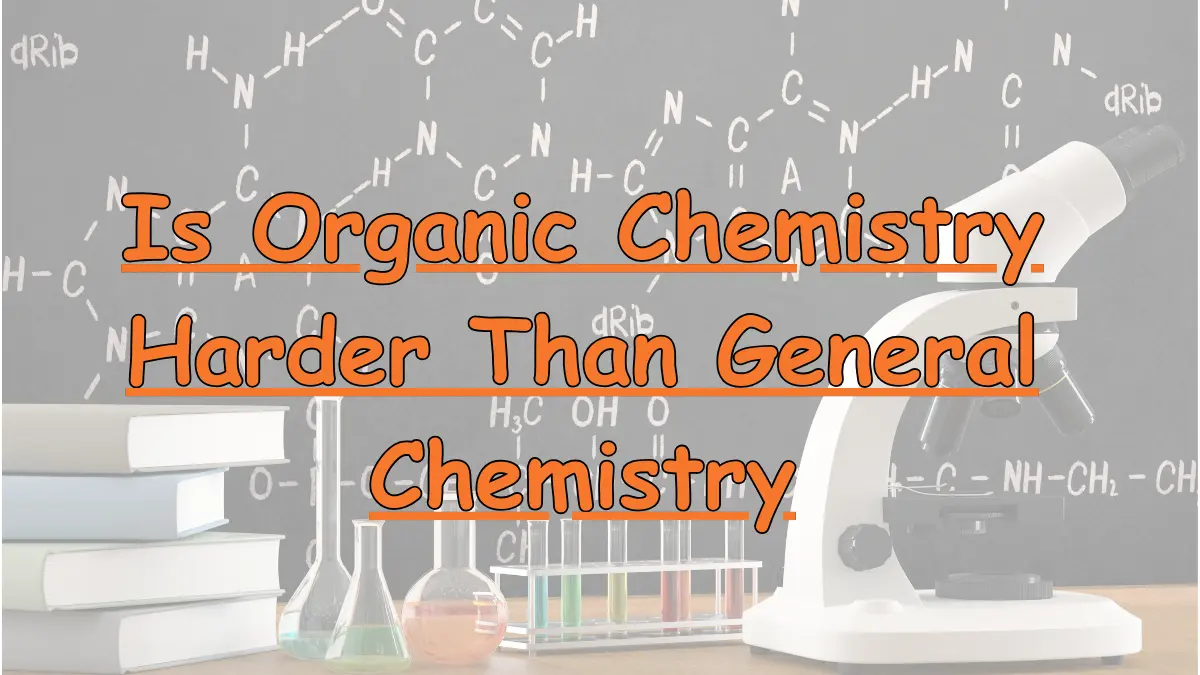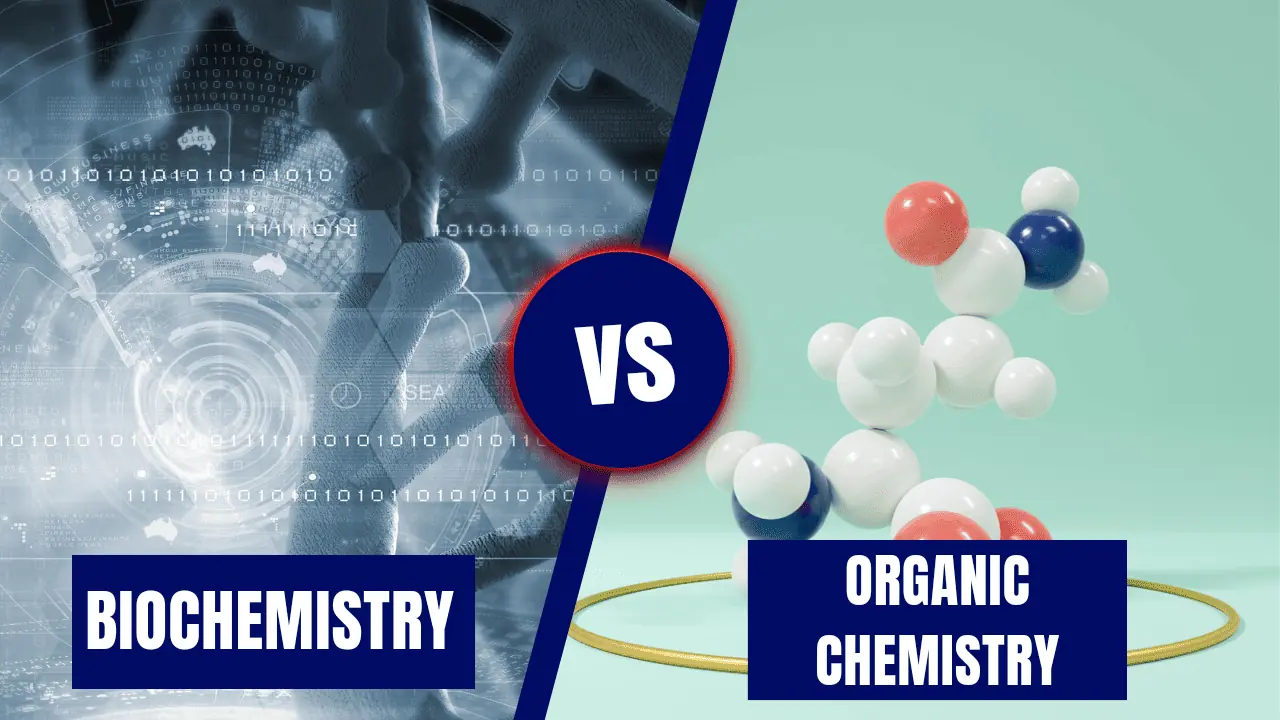Is organic chemistry truly the formidable academic beast it's often portrayed to be? The reality, as many students and seasoned chemists will attest, is that the perceived difficulty of organic chemistry is often a matter of perspective, study habits, and the individual's pre-existing understanding of fundamental chemical principles.
The age-old question of whether organic chemistry is harder than general chemistry often sparks heated debate amongst students. Its a question that cuts to the core of the undergraduate experience for countless science majors, especially those with aspirations of medical school or other advanced scientific pursuits. The common perception, reinforced by whispers in hallways and the anxieties of pre-med students, is that organic chemistry is a brutal, unforgiving gatekeeper. It's often described as the "monster" that dashes the hopes and dreams of aspiring physicians. But is this reputation deserved? Or is the reality more nuanced than the prevailing narrative suggests? General chemistry, often seen as a warm-up, can be equally challenging, with its wide breadth of topics and the need to grasp fundamental concepts quickly. For some, it's the very foundation upon which organic chemistry stands or falls. The experience can be so overwhelming that it can make some students question their ability to become a physician.
| Aspect | Details |
|---|---|
| Topic | Comparing the perceived difficulty of Organic Chemistry vs. General Chemistry |
| Core Concepts in Organic Chemistry |
|
| Core Concepts in General Chemistry |
|
| Why Organic Chemistry is Perceived as Hard |
|
| Factors Influencing Difficulty |
|
| Key to Success |
|
| Comparative Difficulty |
|
| Easiest Branch of Chemistry (Subjective) | The "easiest" branch depends on individual strengths. Some find biochemistry easier because it requires less math. |
| External Reference | American Chemical Society (ACS) |
One of the primary distinctions between organic and general chemistry lies in the skillsets they demand. General chemistry often focuses on a broader range of topics, introducing fundamental concepts that serve as a foundation. Organic chemistry, however, dives deep into the world of carbon compounds, demanding that students master a new language of symbols, structures, and reaction mechanisms. It's a course heavily reliant on visualization, where students must mentally manipulate molecules and predict their behavior.
The material is more focused and nuanced, requiring a solid grasp of core principles. If you try to approach it without this strong foundation, you're setting yourself up for a steeper climb. The bio students, accustomed to memorizing lists, can sometimes struggle with the conceptual demands of organic chemistry. Chemistry in general is more about learning concepts and rules, then applying them to different situations (kind of like math). Its not simply about memorizing facts; it's about understanding how and why things work.
For some, the hands-on aspect of organic chemistry is the most appealing. When you do organic labs, you're actually making stuff. Doesn't get much cooler than that. However, the potential for mistakes and the precision required in the lab can also add to the stress.
The role of memorization in organic chemistry is a frequently debated topic. While it's undeniable that certain structures, reactions, and reagents need to be committed to memory, the truly successful students are those who understand the underlying principles. If you know the chemistry them, you can characterize most reactions just by your own knowledge, with little memorization at all. The preferred method is learning a few trends and general concepts and applying them throughout the course. If you try to memorize everything, you're learning the wrong and incredibly hard way.
The question of which chemistry is "harder"organic or inorganicis a common one. Many sources state that organic chemistry is harder than inorganic chemistry, requiring more effort and time to master. The key to mastering organic chemistry is understanding the concepts, which necessitates more time spent on learning the foundations.
The difficulty of organic chemistry, like any subject, is often subjective and depends on the individual's strengths, background, interests, and how the material is taught. Some students thrive on the visual and conceptual nature of organic chemistry, while others struggle with the new skillsets and the need for consistent practice. For others, calculus presents its own unique challenges. Calculus requires much more practice. Physical chemistry is challenging especially for those who are not strong in math.
The general consensus is that most students find general chemistry hard because it covers a lot of material quickly. Organic chemistry is tough because it requires memorizing many structures and reactions. Also, calculus requires much more practice.
So, is organic chemistry harder? The answer is not a simple yes or no. It's a challenging course, yes, but its difficulty is often overstated. Understanding the concepts, consistent practice, and a willingness to seek help when needed are the keys to success. Organic chemistry is not as difficult as its reputation makes it out to be. What matters most is your approach, your study habits, and your determination to succeed. Approach it with a strong foundation, a curious mind, and a commitment to practice, and you might find that the monster is not so monstrous after all.


